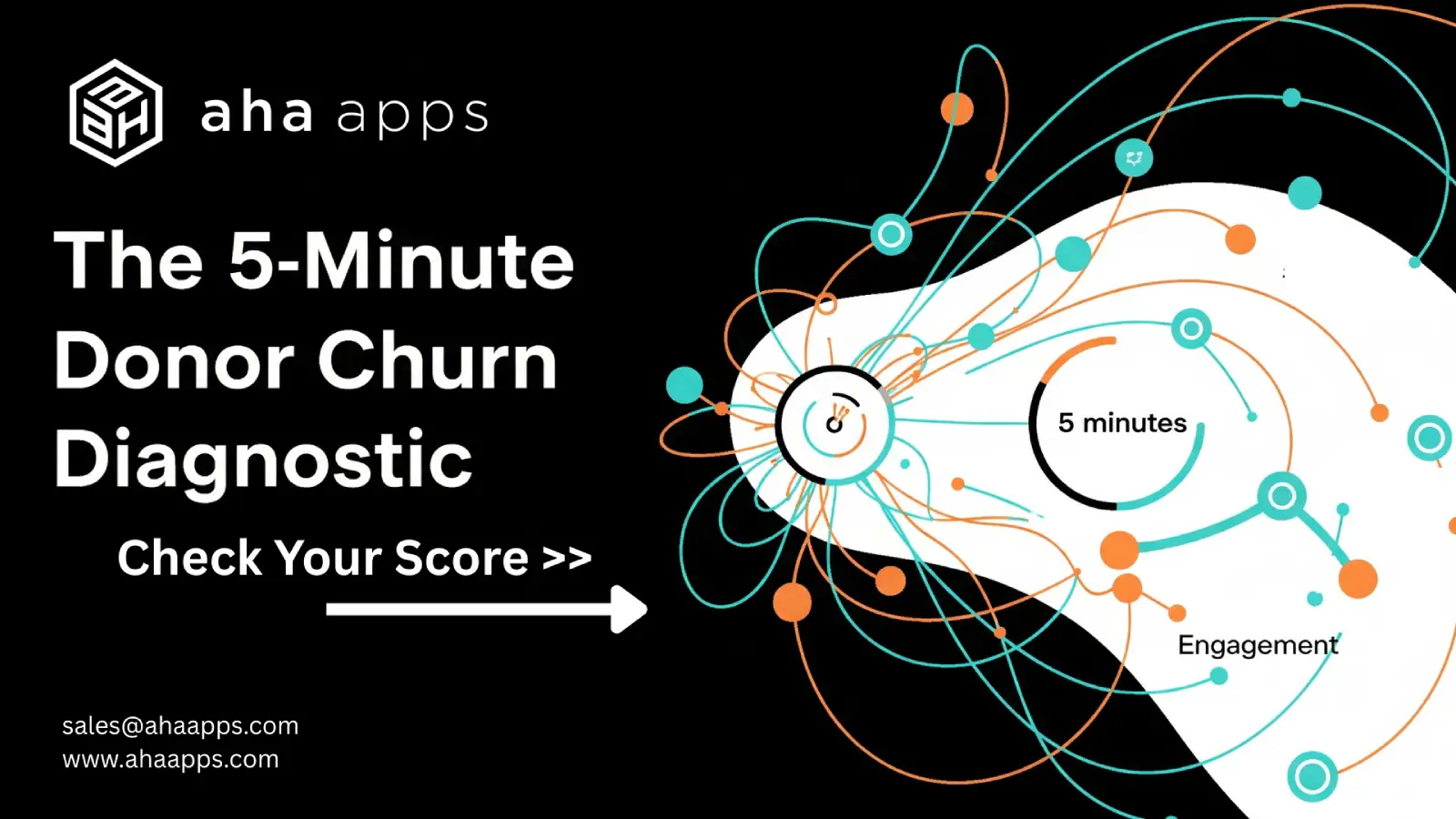 What are the common concerns small nonprofits have when considering investing in a CRM solution?
What are the common concerns small nonprofits have when considering investing in a CRM solution?

1. Why should our small nonprofit invest in a CRM system?
Investing in a CRM helps streamline donor management, track fundraising campaigns, and improve donor retention. It also simplifies reporting, allowing nonprofits to make data-driven decisions and optimize their operations.
2. Is CRM expensive for small nonprofits?
Many CRM solutions, like Microsoft Dynamics CRM, offer cost-effective packages designed specifically for small nonprofits. Additionally, CRM systems often provide discounts and nonprofit grants, making them affordable.
3. How can a CRM help with donor management?
CRMs centralize donor information, track interactions, automate personalized communications, and manage donation histories, making donor relationship management more efficient and impactful.
4. What challenges can CRM solve in fundraising?
A CRM can automate multi-channel fundraising efforts, track campaign performance, and enhance communication with potential donors, helping small nonprofits maximize fundraising outcomes.
5. How can a CRM help with grant management?
CRMs help track grant applications, manage deadlines, and monitor reporting requirements, ensuring your nonprofit stays compliant and increases its chances of winning future grants.
6. Will a CRM system integrate with the tools we already use?
Many CRM systems offer integrations with common tools like email platforms, social media, and accounting software, enabling seamless operations without requiring drastic changes in current workflows.
7. Is a CRM difficult to implement for a small team?
Modern CRM platforms are user-friendly, and many come with onboarding support, templates, and training resources designed to help small teams adopt the system with minimal disruption.
8. What are the security benefits of using a CRM?
CRMs provide secure, cloud-based storage for donor and financial information, ensuring compliance with data protection laws and reducing the risk of data breaches.
9. How does a CRM help with reporting and analytics?
A CRM enables nonprofits to generate detailed reports on donor trends, campaign performance, and financials, giving leadership insights to refine strategies and make informed decisions.
10. How long does it take to see ROI from a CRM?
The time it takes to see ROI varies, but many nonprofits start benefiting from improved efficiency and donor engagement within the first 6-12 months of implementing a CRM.
11. What support is available for small nonprofits during CRM setup?
Many CRM providers offer dedicated support for nonprofits, including onboarding assistance, training, and customer service to ensure successful implementation.
Contact us today to find out how Aha Apps can empower your small nonprofit


